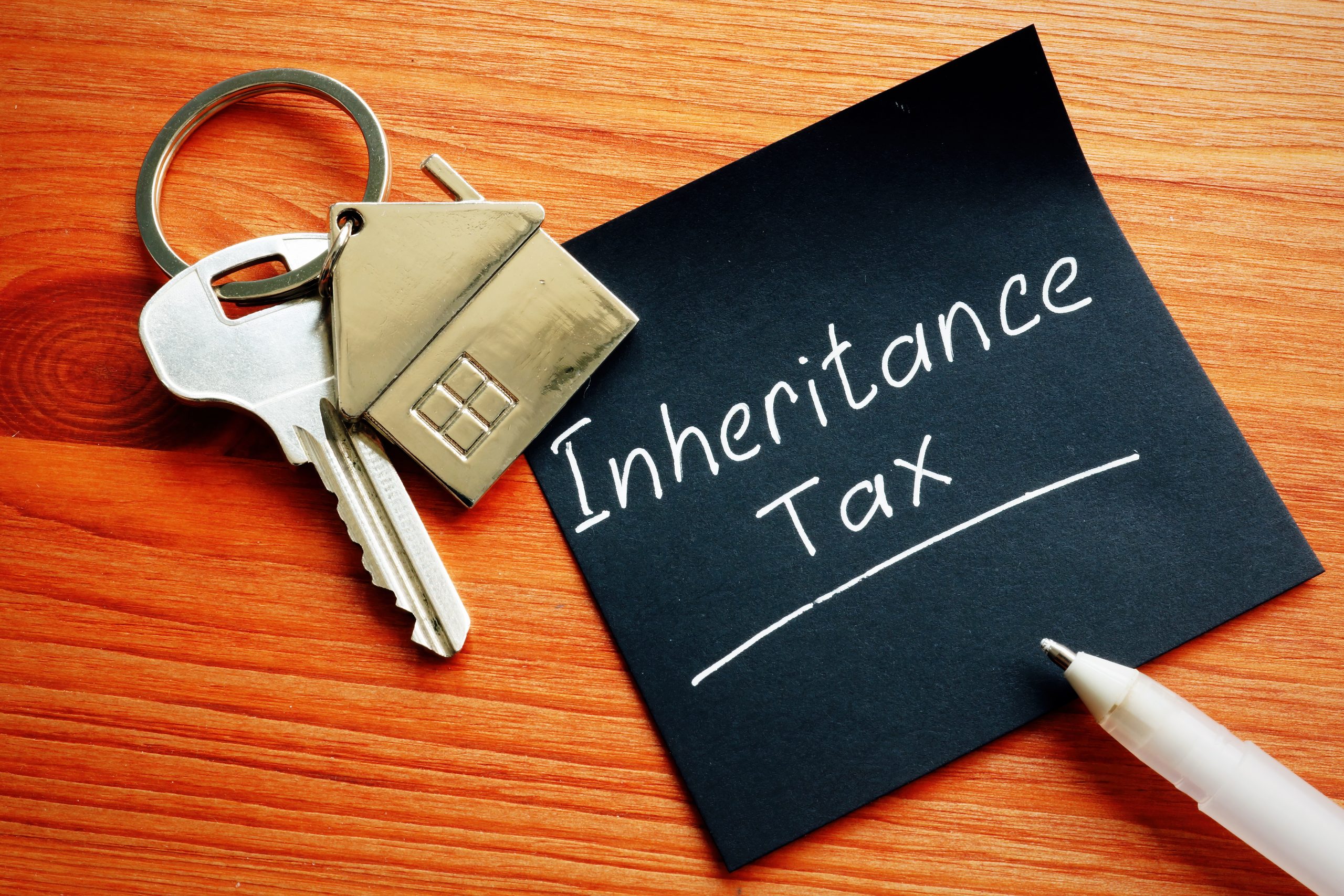“In this world, nothing is certain except death and taxes” – Benjamin Franklin.
When it comes to Inheritance Tax, these two certainties collide.
When someone dies, their estate becomes the responsibility of their heirs to settle. For individuals who own property or have sizeable savings, this could easily mean that a significant amount of inheritance tax is payable. In the UK, inheritance tax is a system to prevent people from escaping paying tax on their estate. It’s a divisive subject, with many people seeing it as double-taxation. You’ve paid taxes all your life, so why must it be paid again on death?
Introduced in 1986, the current threshold before paying inheritance tax is £325,000 (2021/22) – if your estate is worth more, your heirs could be liable for a tax bill of 40% for assets above the threshold. In the 2021 budget, Rishi Sunak froze the inheritance tax threshold until 2026. With house prices showing no signs of slowing down, more people will be hit by inheritance tax.
You may also be eligible for the residential nil-rate band when passing the family home onto your direct descendants. The residential nil-rate band increases your threshold by another £175,000 (2021/22).
Usually, when making a gift to someone out of your estate, a 7-year clock begins. The assets are still in your estate, at least partly, for another seven years.
There are many strategies to help reduce larger tax bills. However, here are six simple gifts to consider:
Marriage and Civil Partnerships
All gifts to a spouse or civil partner are exempt from IHT. The eagle-eyed amongst you will notice this means a couple could have a £1million threshold when both thresholds and nil-rate bands are used.
Annual exemption
You can gift up to £3,000 every tax year and carry forward unused allowances for up to one year. So if you have not used this gift before, £6,000 can exit your estate immediately by gifting these funds.
Small gifts
You can gift £250 every tax year to as many people as you like. These gifts are exempt from IHT.
Normal expenditure out of income
Lesser-known but very handy. If you regularly gift money out of surplus income, these funds are exempt from IHT. Three rules must be met:
- It formed part of the transferor’s normal expenditure
- The gift is made out of income, not capital, and
- It left the transferor with enough income to maintain their usual standard of living.
This link to Prudential explains this further:
Some examples would be school fees, pension contributions, and regular savings for children or grandchildren. Even paying for a whole-of-life insurance policy to cover an IHT bill could be beneficial. Not only is the bill covered by the insurance, but the premiums count as a regular expenditure.
Charities and political parties
Making gifts to charities or donations to political parties are exempt from IHT. Additionally, if you leave more than 10% of your estate to charity, the 40% IHT rate is reduced to 36%.
Weddings and civil ceremonies
Making gifts in consideration of marriage can be exempt from IHT. You can make a gift of up to £1,000 per person, £2,500 if they are a grandchild or £5,000 for children. So, don’t forget to remind everyone of these gifts if you’re getting married soon!
The government website is an excellent source of information for gifts and other issues around inheritance tax, which can be a confusing area of finance:
https://www.gov.uk/inheritance-tax/gifts
However, keep in mind that these strategies may not suit everyone. Remember that every family situation is different. No single inheritance tax reduction strategy will work for everyone.
If you have questions or concerns around Inheritance tax, contact one of the team today:
01273 076587
*This blog is for information purposes only and should not be relied upon for advice. Always seek regulated advice before proceeding*








